Accumulation Of Serous Fluid In The Abdomen Caused By A Disease
Accumulation of serous fluid in the abdomen caused by a disease. Description Rapidly developing acute ascites can occur as a complication of trauma perforated ulcer appendicitis or inflammation of the colon or other tube-shaped organ diverticulitis. There have been no qualitative studies looking at the experiences of patients with non-malignant ascites. Depending on the cause it may sometimes present along with jaundice.
Also called spastic colon ascites Accumulation of serous fluid in the abdomen caused by a disease. It is normal to have a small amount of fluid in the abdomen which is continuously produced and absorbed but when there is an imbalance in this process fluid can accumulate. Your legs can get swollen too.
The main causes of ascites include cirrhosis liver cancer biliary disease alcoholic hepatitis and non-alcoholic steatohepatitis. Occur during various systemic disorders that disrupt fluid filtration fluid reabsorption or both. Accumulation of free serous fluid in the abdominal cavity.
Ascites is an accumulation of serous fluid in the abdominal cavity. Abdominal pain and altered bowel function for which no organic cause can be determined. Occlusions of the vessels from these usually result in the.
It is the most common complication of cirrhosis and a sign of advancedliver disease 2Ascites poses. Peritoneal effusion also known as ascites refers to abnormal accumulation of fluid within the peritoneal space. Ascites is caused by a variety of diseases and conditions for example cirrhosis of the liver cancer within the abdomen congestive heart failure and tuberculosis.
Causes The most common cause of Ascites is people with liver cirrhosis scarring which makes up about 75 of cases. Ascites is an accumulation of serous fluid within the perito-neal cavity. Ascites is the build-up of fluid in the abdomen.
Which term means enlarged and swollen veins at the lower end of the esophagus. In the developed world the most common cause is liver cirrhosis.
The medical definition of ascites is an abnormal accumulation of fluid within the peritoneal cavity.
Ascites is the abnormal build-up of fluid in the abdomen. Abnormal accumulation of fluids in tissue or nody cavities. Ascites is the abnormal build-up of fluid in the abdomen. Occur during various systemic disorders that disrupt fluid filtration fluid reabsorption or both. Ascites is an accumulation of serous fluid in the abdominal cavity. It is normal to have a small amount of fluid in the abdomen which is continuously produced and absorbed but when there is an imbalance in this process fluid can accumulate. May be solid liquid or gaseous. Symptoms may include increased abdominal size increased weight abdominal discomfort and shortness of breath. Technically it is more than 25 ml of fluid in the peritoneal cavity although volumes greater than one liter may occur.
This fluid buildup causes swelling that usually develops over a few weeks although it can also happen in just a few days. It is normal to have a small amount of fluid in the abdomen which is continuously produced and absorbed but when there is an imbalance in this process fluid can accumulate. Ascites is an abnormal accumulation of fluid in the abdomen. Accumulation of free serous fluid in the abdominal cavity. Causes The most common cause of Ascites is people with liver cirrhosis scarring which makes up about 75 of cases. Abdominal pain and altered bowel function for which no organic cause can be determined. Occlusions of the vessels from these usually result in the.



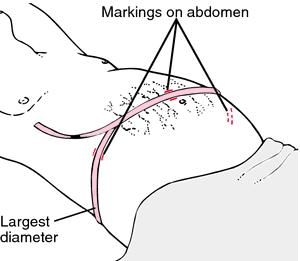









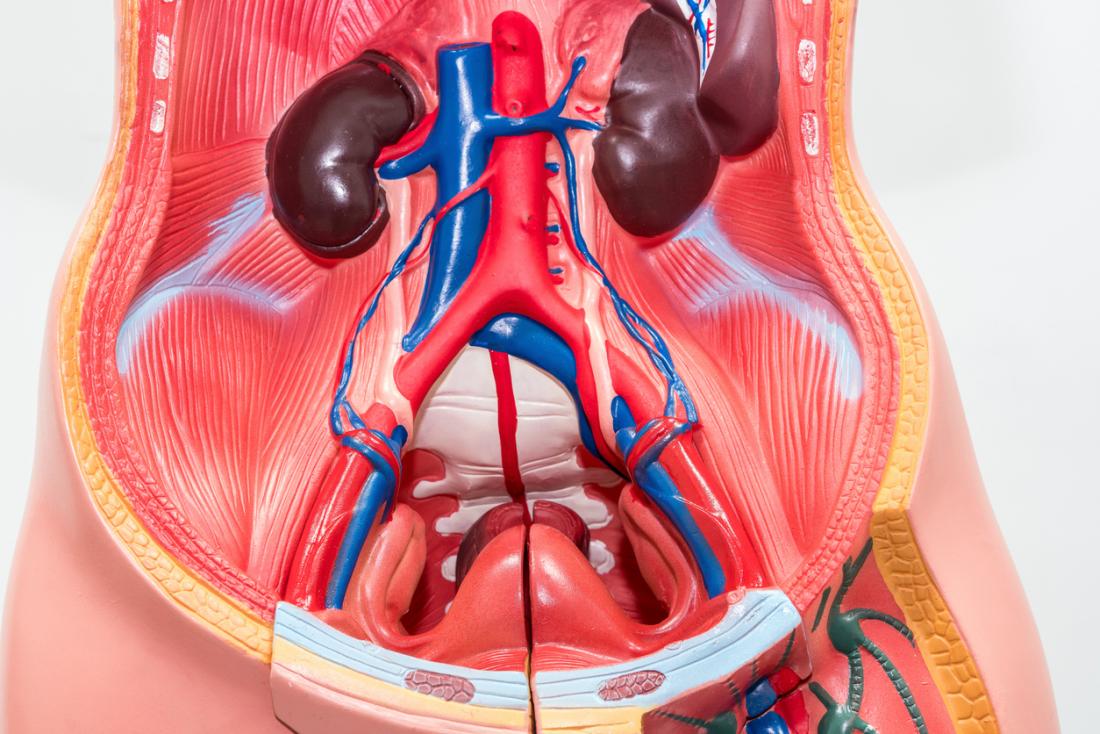



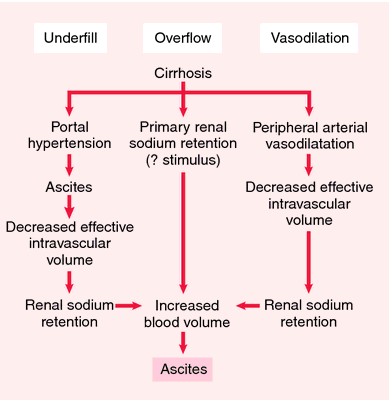





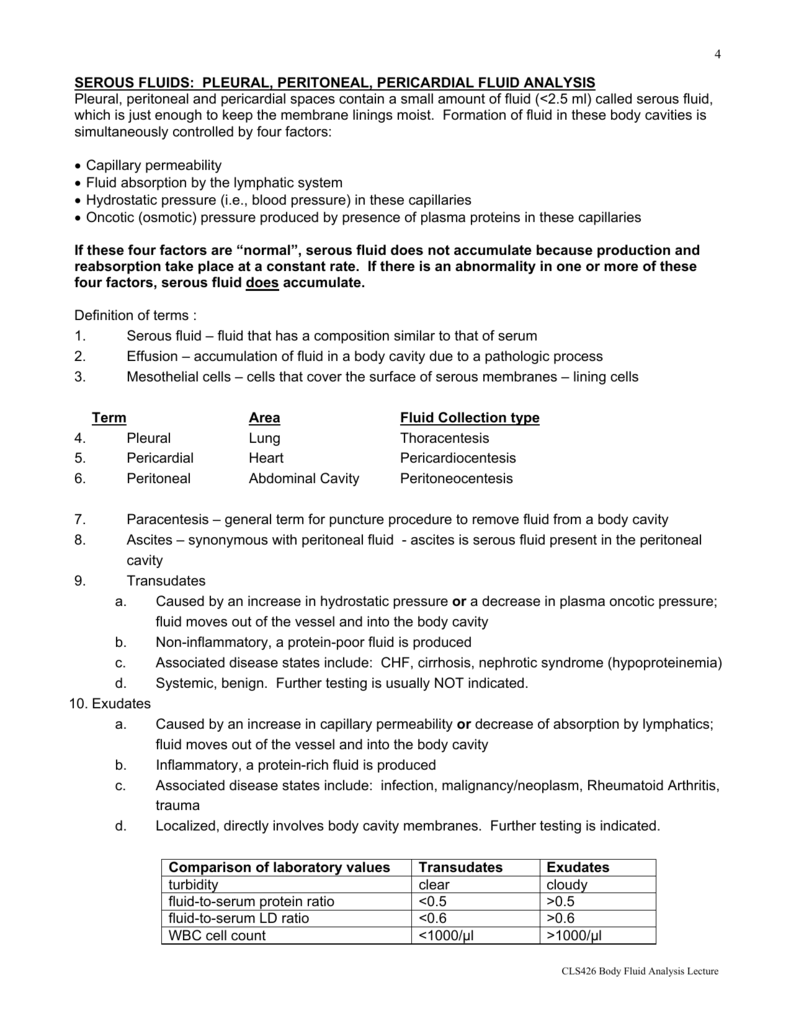








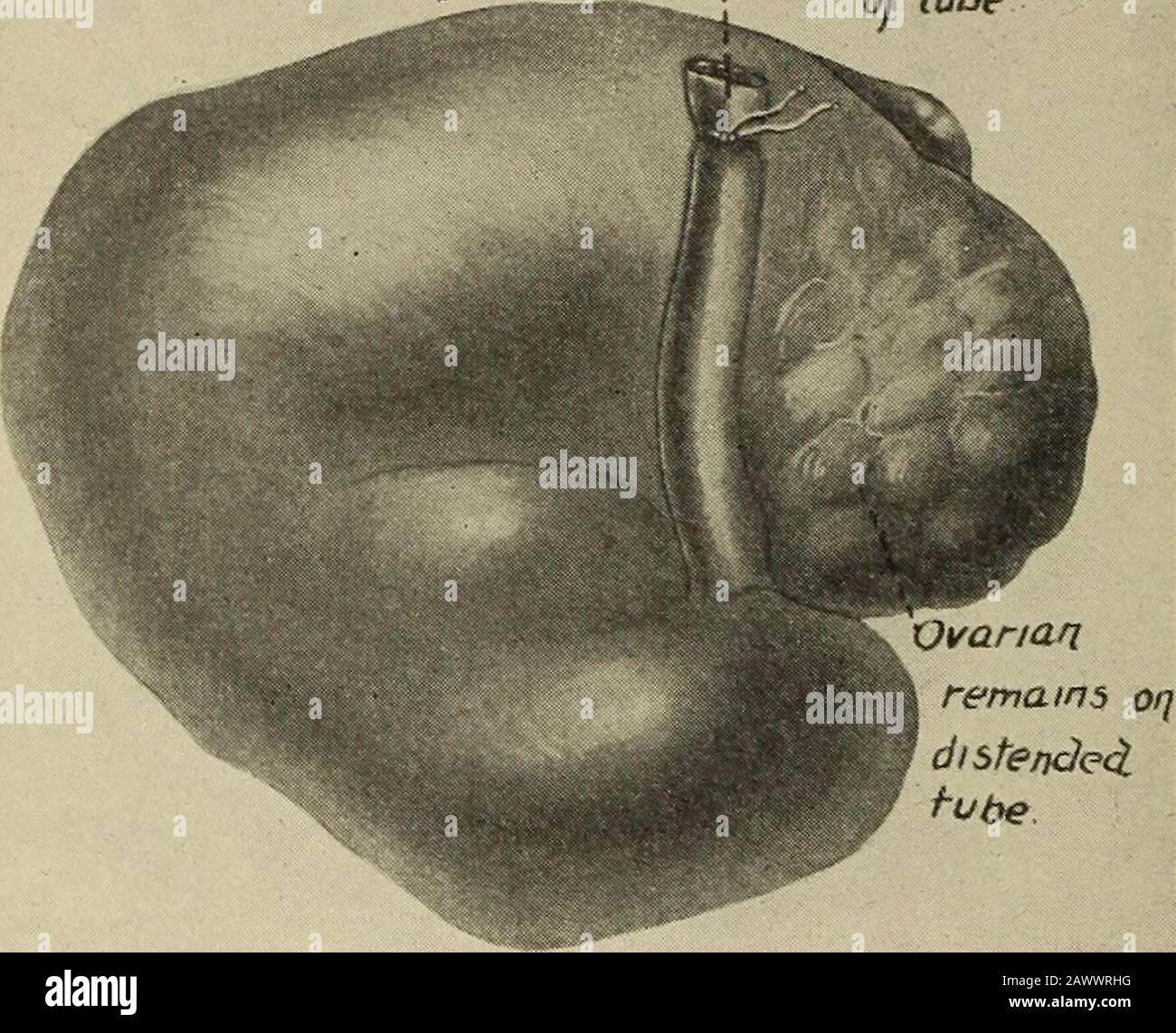




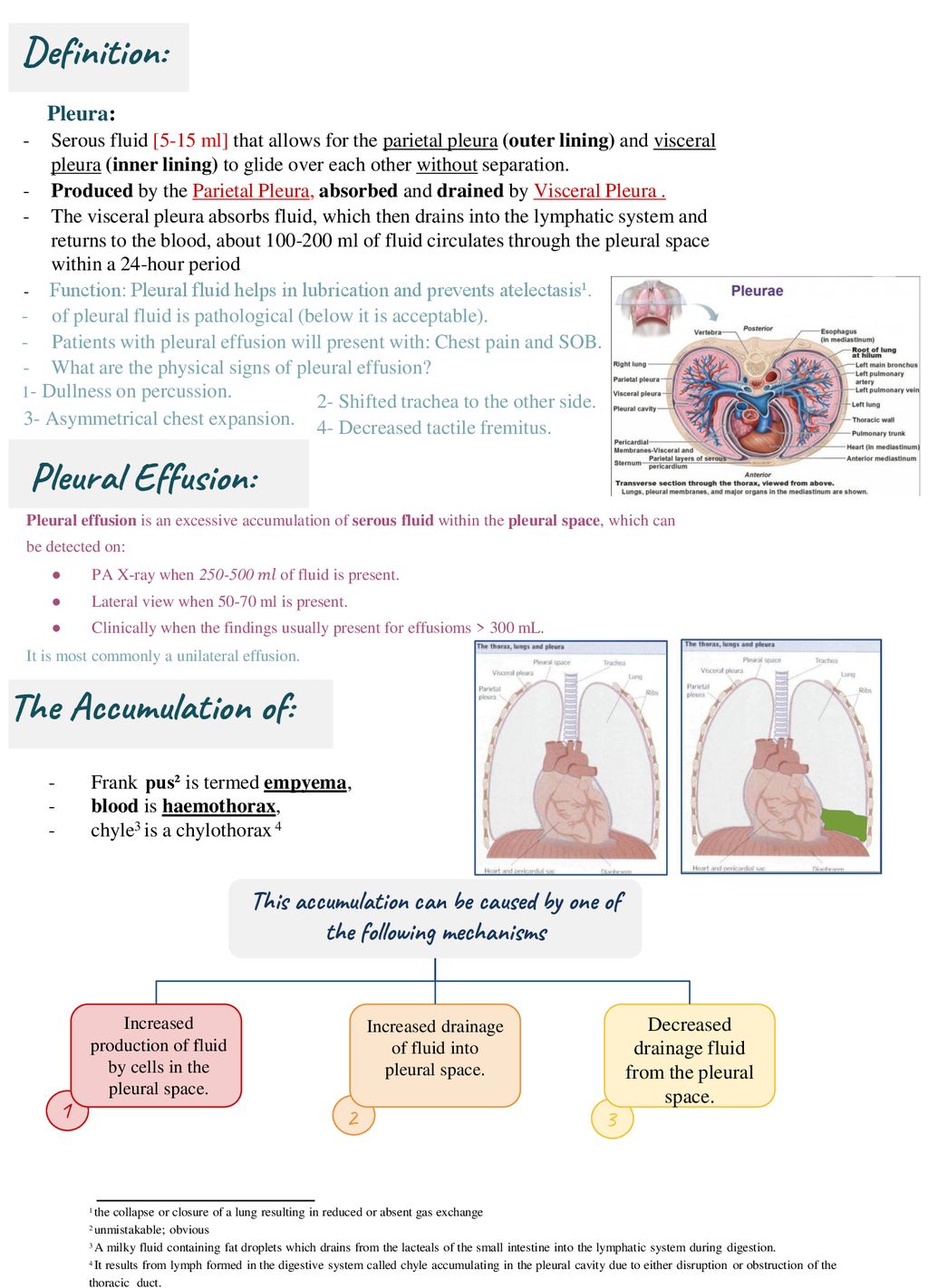
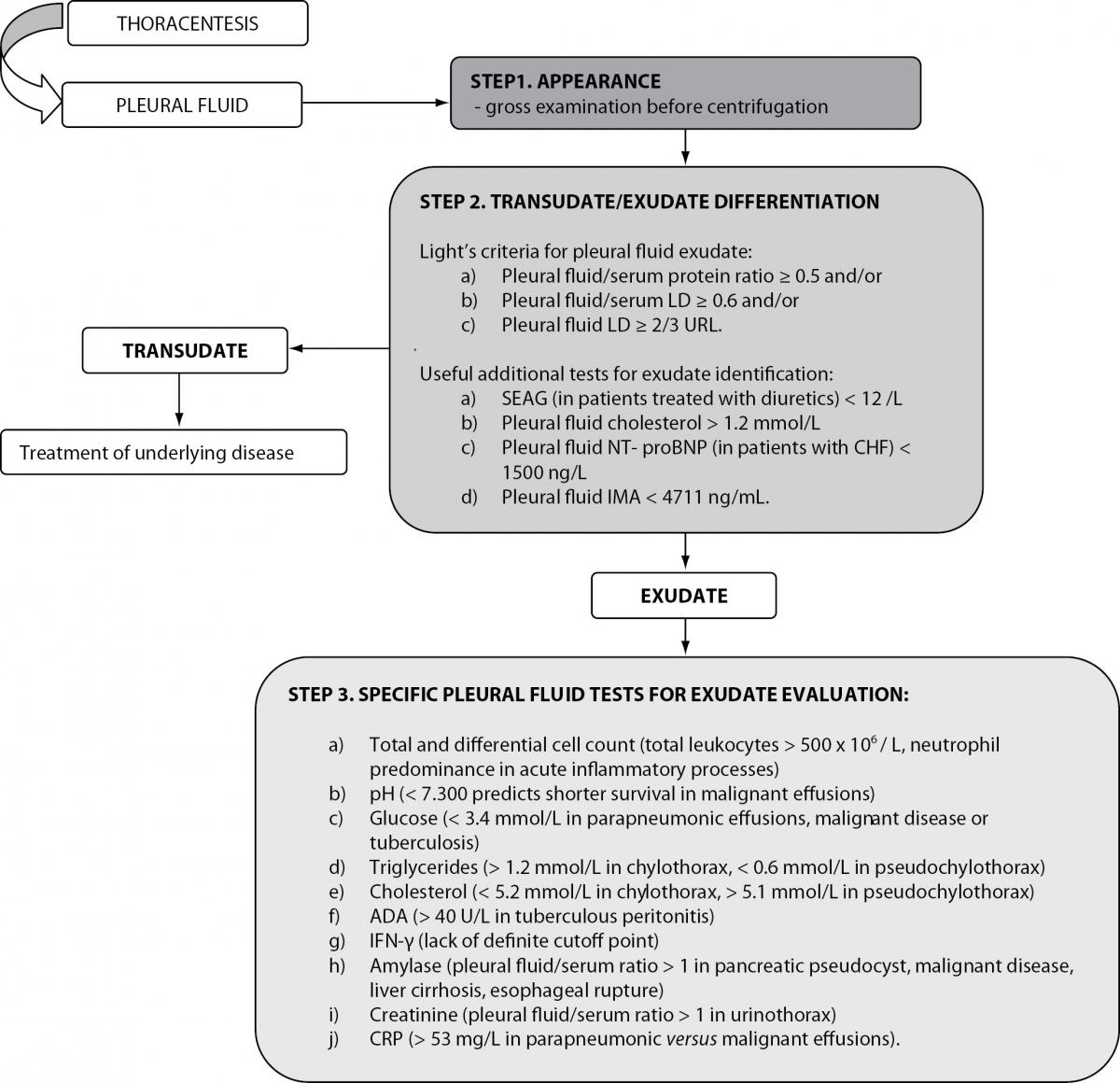







nice post..
ReplyDeletegastro in nagercoil
gastro consultation in nagercoil